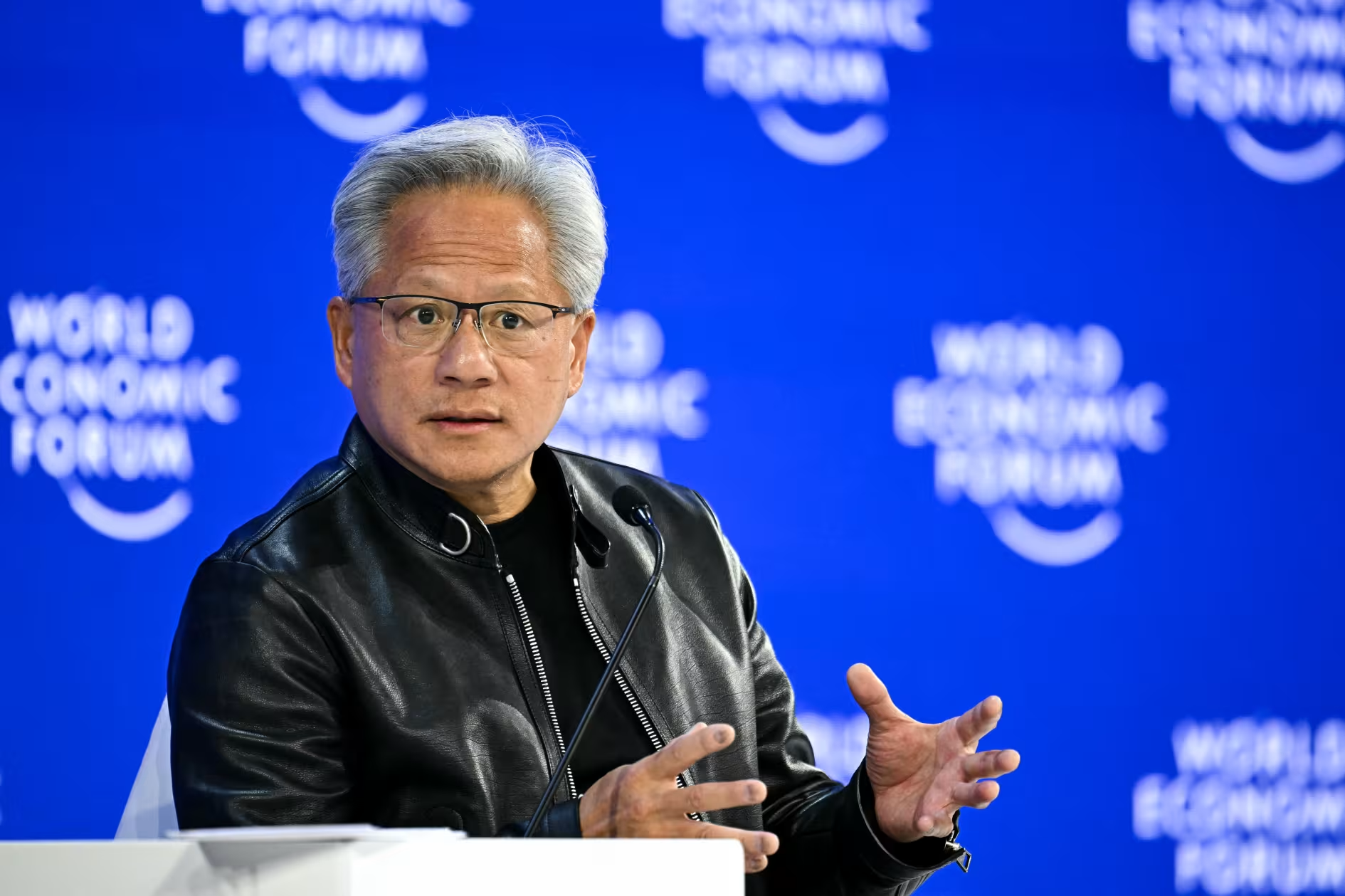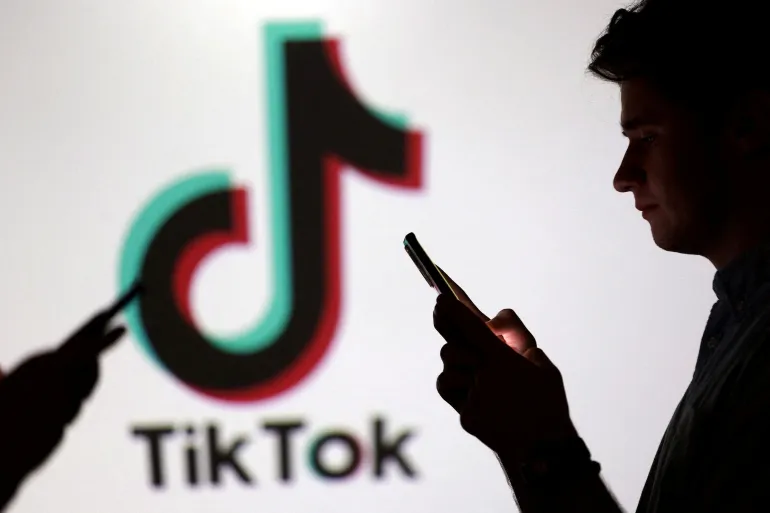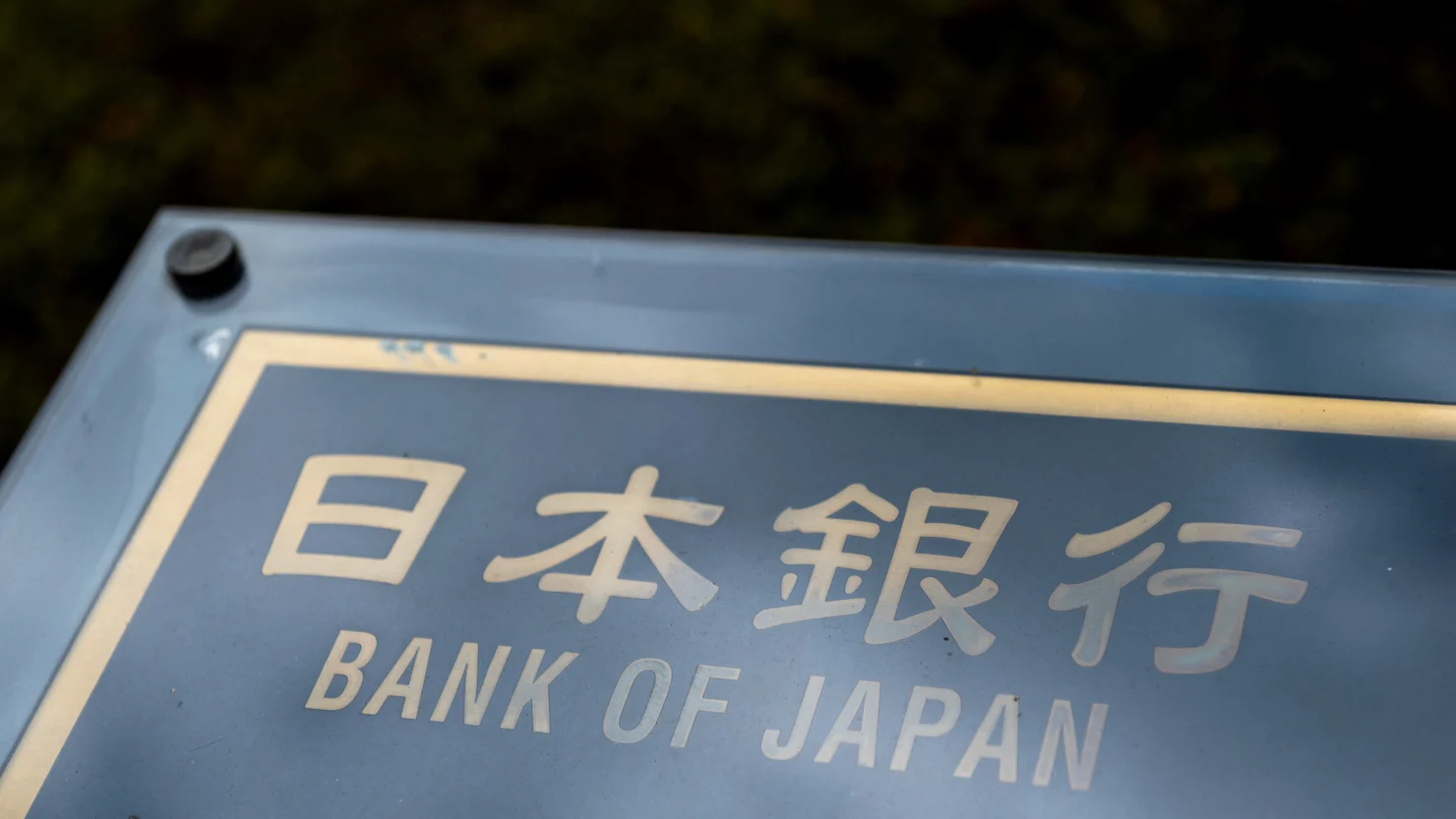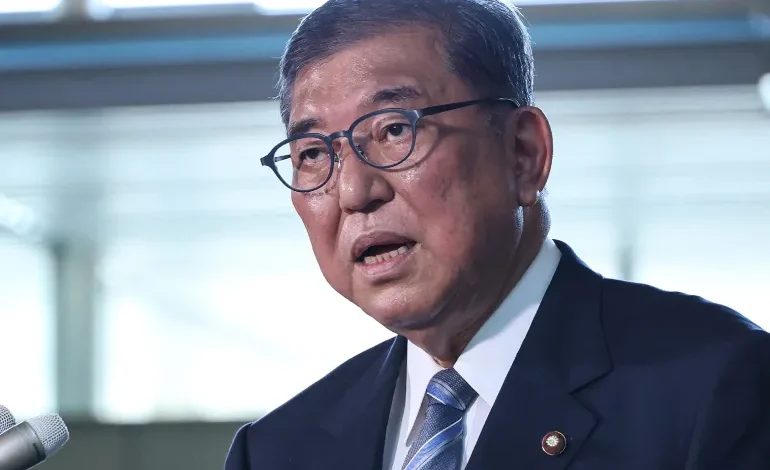Japan’s Prime Minister Shigeru Ishiba says he’s not stepping down — despite a bruising election loss that’s shaken his party’s grip on power. Speaking at LDP headquarters on Wednesday, Ishiba dismissed reports from The Yomiuri Shimbun that he’s planning to resign by the end of July as “completely unfounded.”
“I have never made such a statement,” Ishiba said, shutting down speculation just one day after standing beside U.S. President Donald Trump to announce a major new trade deal.
Ishiba, 68, says his focus now is making sure that deal — which cuts U.S. tariffs on Japanese autos from 25% to 15% — is implemented smoothly. The agreement, unveiled Tuesday, came under fire from critics who say it’s not a great deal for Tokyo. Still, Ishiba insists it’s the result of tough negotiations aimed at protecting Japan’s national interest.
“The deal creates jobs and investment — it’s a win-win,” he said.
Not everyone agrees. Seijiro Takeshita, dean at the University of Shizuoka’s graduate school, told Al Jazeera people should “look beyond the numbers,” arguing the deal may not be as beneficial as it sounds.
Back home, Ishiba’s political footing looks shaky. His ruling coalition — the Liberal Democratic Party (LDP) and junior partner Komeito — just lost their majority in the upper house. That follows a similar blow in the more powerful lower house last October, leaving Ishiba’s government without a clear path to push through any major legislation.
The LDP has been a dominant force in Japanese politics for decades, but Sunday’s vote signaled growing dissatisfaction. Inflation, stagnant wages, and an aging population have voters, especially younger ones, looking for alternatives. That’s fueled the rise of new right-leaning parties like the Democratic Party for the People and Sanseito, which made strong gains in the election.
There’s also lingering resentment over an LDP funding scandal, which continues to tarnish the party’s image.
Some within Ishiba’s party are calling for him to step down to allow new leadership to respond to the election defeat. But so far, there’s no clear consensus or strong successor in sight. Meanwhile, opposition parties aren’t exactly circling to form a government either — but they’re signaling willingness to cooperate on specific policies.
With input from Al Jazeera










The latest news in your social feeds
Subscribe to our social media platforms to stay tuned